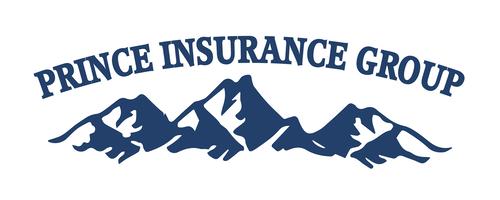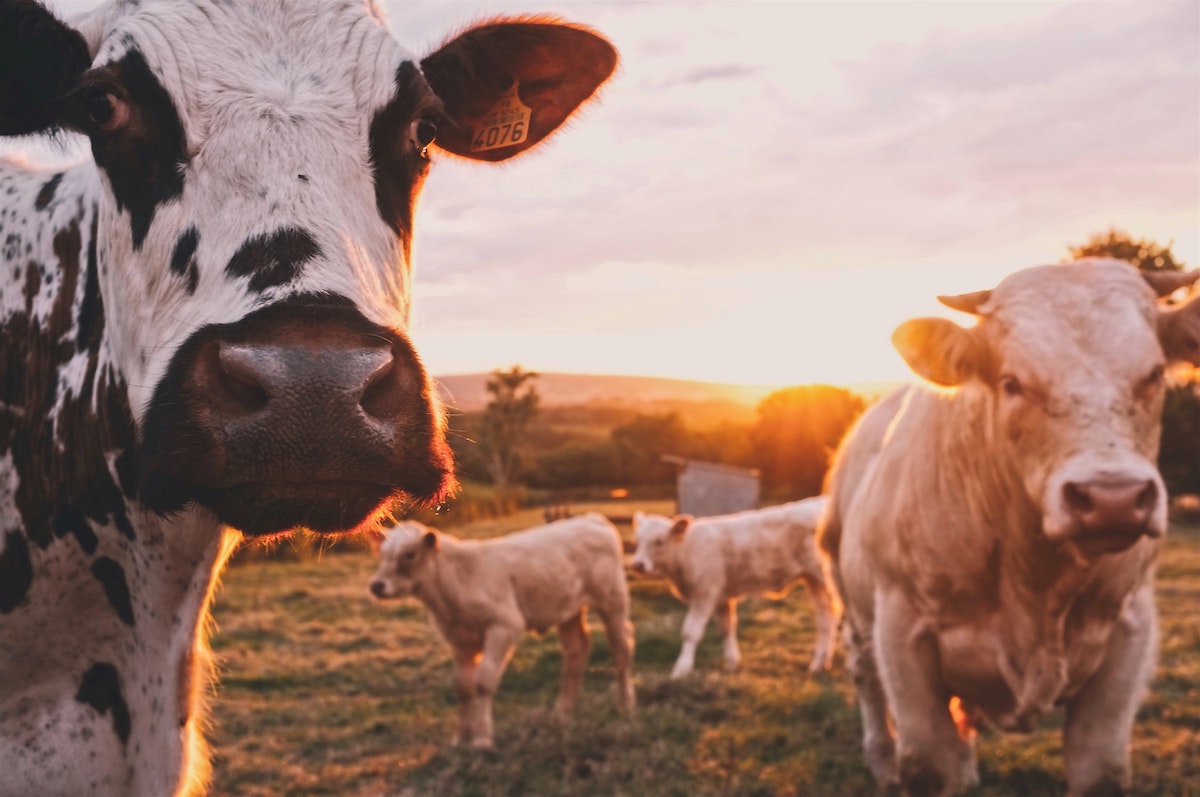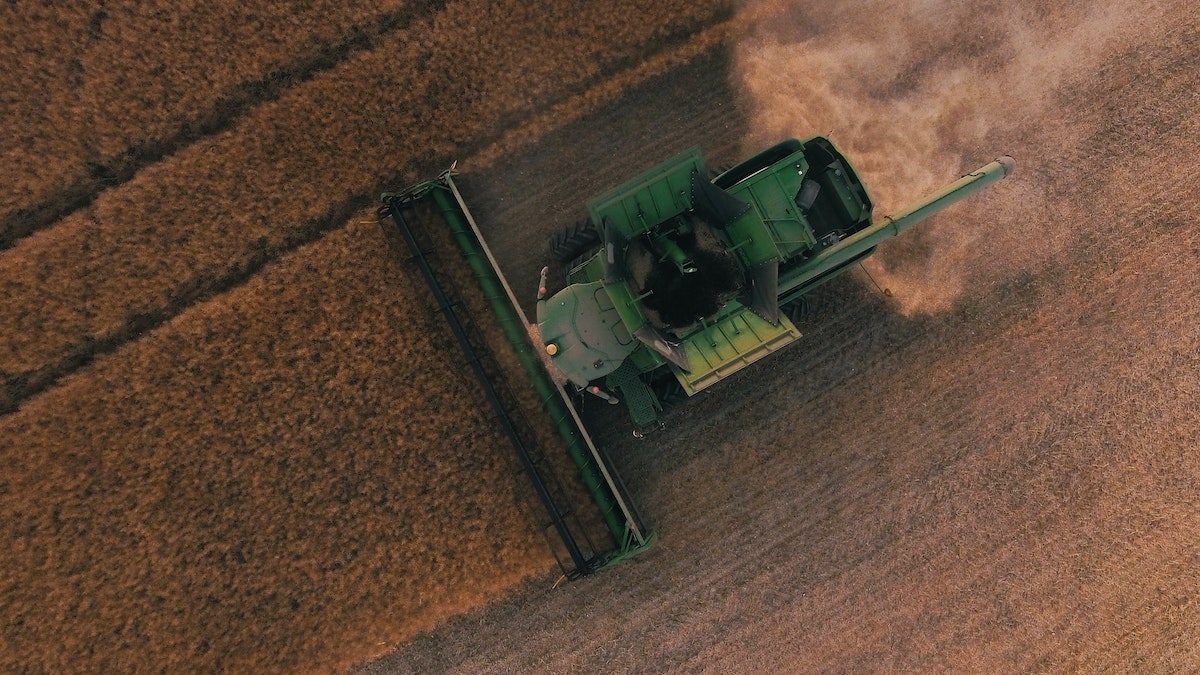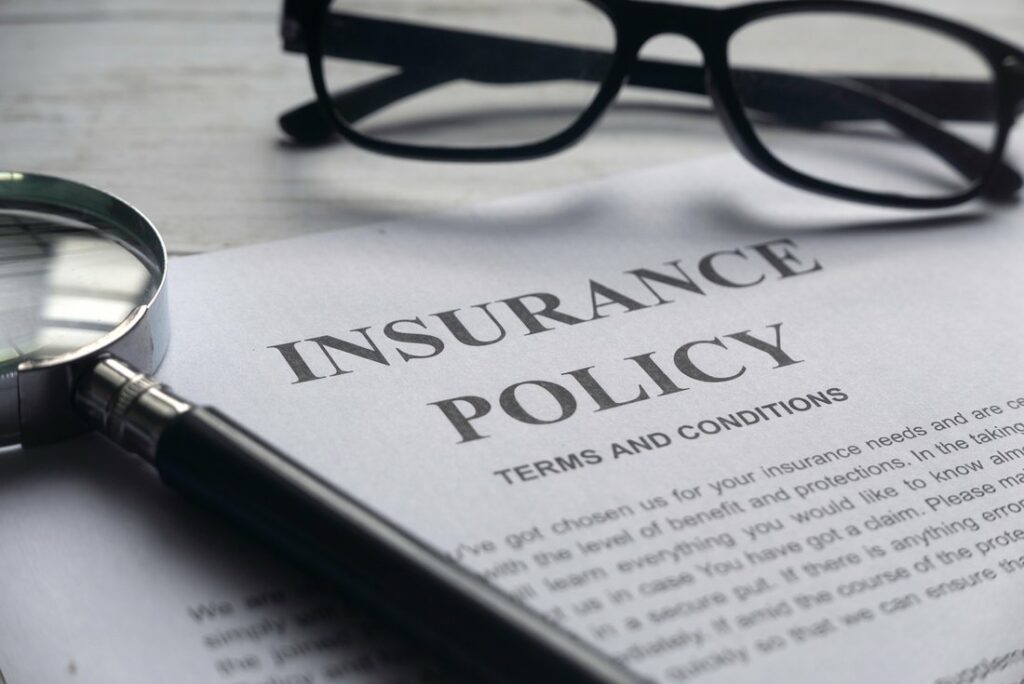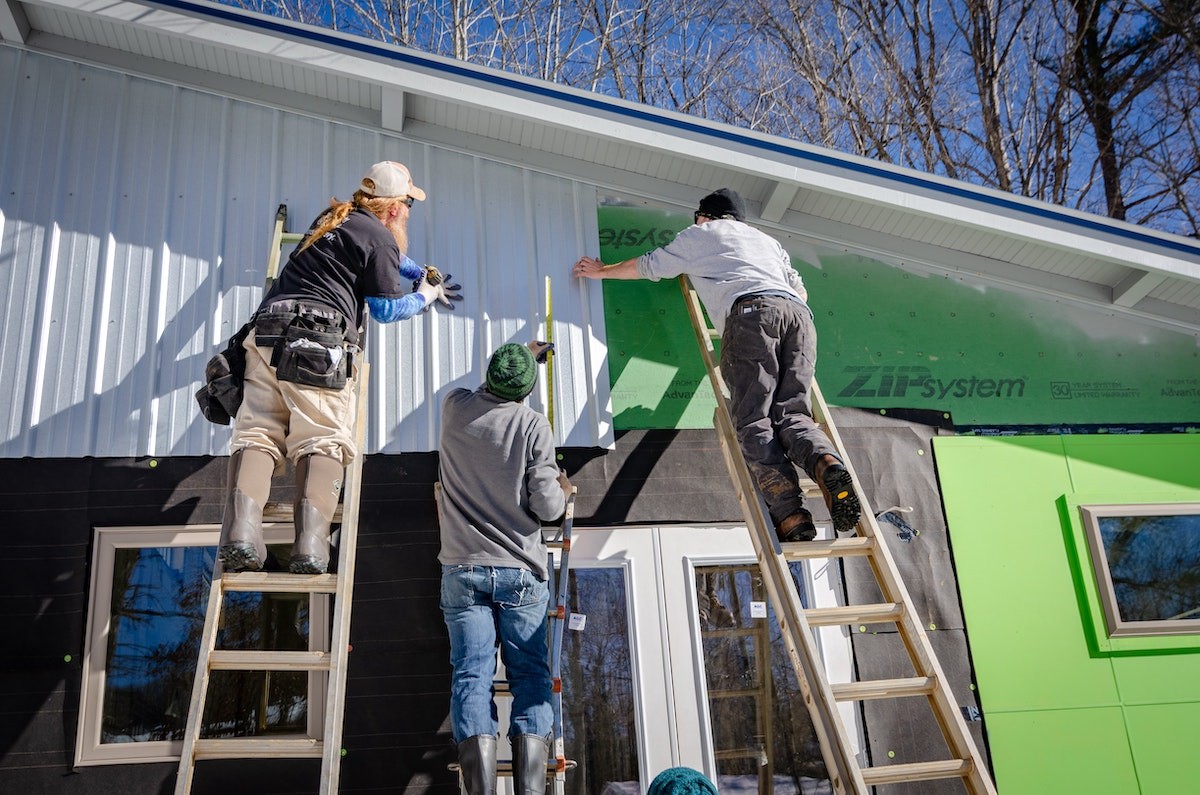Farm Livestock Insurance is an essential coverage for any farmer, ranch owner, or rancher. It provides financial protection against loss of livestock due to injury, illness, theft, and other risks. With so many different plans to choose from, it can be difficult to know which one is the best for you and your farm. In this blog post, we will discuss the most popular plans for farm livestock insurance, as well as the benefits and drawbacks of each.
Best Coverage for Livestock

When it comes to protecting your livestock, you need the right insurance coverage to ensure that you and your animals are properly protected. Farm livestock insurance is one of the most popular plans available, as it provides comprehensive coverage for a variety of animals. With this type of plan, you can receive coverage for medical expenses, death and disability benefits, replacement costs, and more.
To get the best coverage for your livestock, it’s important to understand the risks associated with your animals. Cows, horses, pigs, chickens, and other types of livestock can all be vulnerable to different types of injury or illness. That’s why it’s important to identify the specific risks for each animal to ensure you have the right type of coverage.
Tips to Avoid Risks
When it comes to avoiding risks associated with farm animals, there are some tips that can help. For starters, make sure your animals are properly vaccinated to avoid any potential illnesses or diseases. It’s also a good idea to provide a clean and safe environment for your animals, as this can reduce the risk of injury or illness. Additionally, make sure to implement safety measures such as fencing and gates to prevent any escapees.
Finally, make sure to choose a reputable insurer when selecting a farm livestock insurance plan. Look for companies that have experience in providing this type of coverage and that offer competitive rates and coverage limits. This will ensure you have the best possible protection for your animals.
With the right coverage and risk-avoidance measures, you can rest assured that your farm animals are protected in case of injury or illness. Doing so can save you time, money, and headaches down the road.
